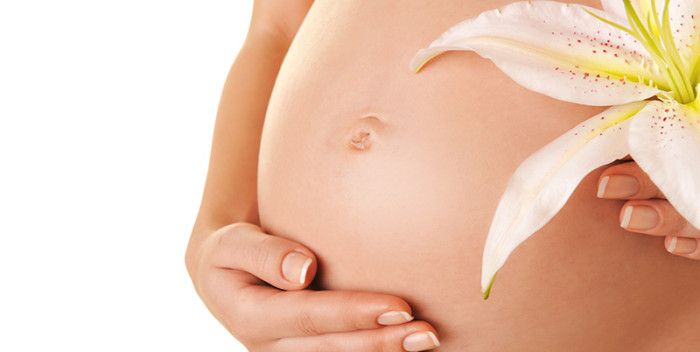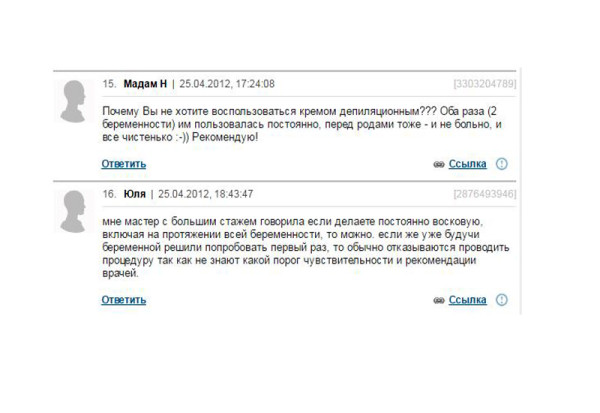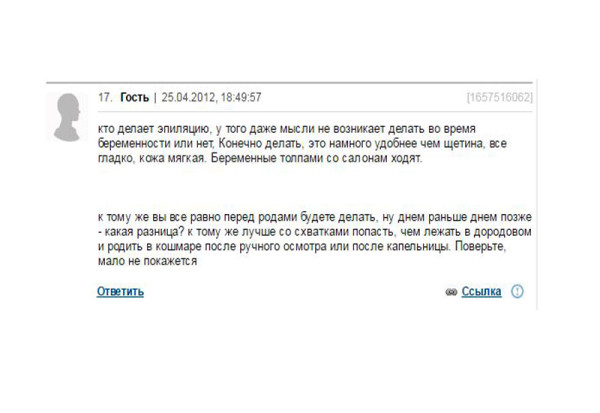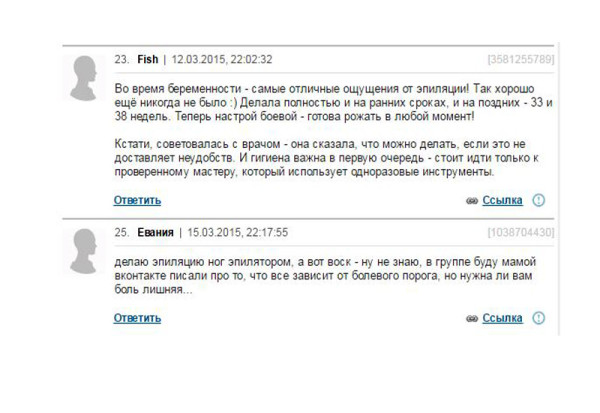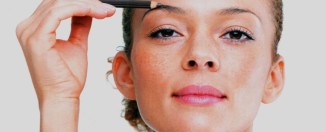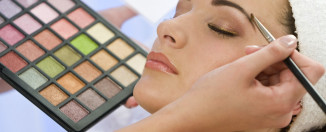Epilation during pregnancy
Of course, every woman wants to always remain beautiful, well-groomed and desirable. And the period of bearing a baby is no exception, especially since at this time, support, compliments from others and, most importantly, a loved one are more important to a woman. men... One of the most important points for caring for yourself and your body is the removal of unwanted hair - epilation. But which way is the safest not only for the expectant mother, but also for the baby? Let's try to figure it out in this article.
Content
Can pregnant women epilate?
This does not mean the usual shaving of hair or removing it with an epilation cream - there are practically no contraindications for such types of getting rid of unwanted hair - but the long-term removal of unwanted vegetation, which is most often very painful, albeit long-term.
It would seem, why not, but this question still arises in almost every woman, especially if the pregnancy is the first. Of course, you won't go to the doctor with these doubts, your friends are unlikely to be able to give an unambiguous answer, but mom or grandmother most often is inclined to believe that everything is impossible.
It's no secret that during pregnancy, thanks to surging hormones, hair growth becomes more active and, unfortunately, not only on the head, but also where it would not be desirable at all. Pregnancy and lactation is definitely a contraindication for some types of hair removal. eg, laser or photoepilation.
In the first stages of pregnancy, up to 12 weeks, any pain is generally contraindicated, since it can lead to an increase in the tone of the uterus, and this is fraught with miscarriage. Therefore, during these periods, it is advisable not to even think about it. But during the second trimester of pregnancy, hormones significantly reduce the level of a woman's pain threshold, so this period is the most suitable for hair removal in this way. Starting from week 28, this is the third trimester, the pain threshold, although it remains low, is at risk of increased skin pigmentation. Therefore, if you do not want to get ugly brown spots on your body as a result, then it makes sense to refuse epilation with hot and warm wax (waxing) and sugar paste (shugaring). However, the consultation of a supervising doctor is still necessary.
Epilation during pregnancy: features of the procedure
During pregnancy, the skin tends to become dry and dehydrated, and all peeling procedures in salons have pregnancy on their list of contraindications. Waxing and epilation with sugar paste (shugaring) is the best suited not only for removing unwanted hair during this period, but also for moisturizing and nourishing the skin, exfoliating dead cells.
If you tolerate pain well and are sure that it will not be stressful for you or for your future baby, then you can safely wax not only your legs, but also your arms, armpits, and face. But from the epilation line bikini, and even more deep bikini, it is better to abstain during the entire period of pregnancy, and this applies not only to wax: with a painful effect on this area, there is a high risk of stimulating uterine contractions.
But electric epilators are capable of delivering more discomfort than any types of bioepilation described above. Therefore, you better put off this device altogether for a while, until the birth of a baby.
Often, it is much more convenient for women in position to go to the salon for such a procedure so as not to reach for remote areas of the body through the tummy.
When choosing one or another method for epilation during pregnancy, you should still take into account the presence of some factors, even if you did not have any contraindications before. One of them is allergic reactions. Even if before that you did not notice this for your body, while you are "in an interesting position", the risk of their appearance greatly increases. Therefore, take your hair removal product seriously.
